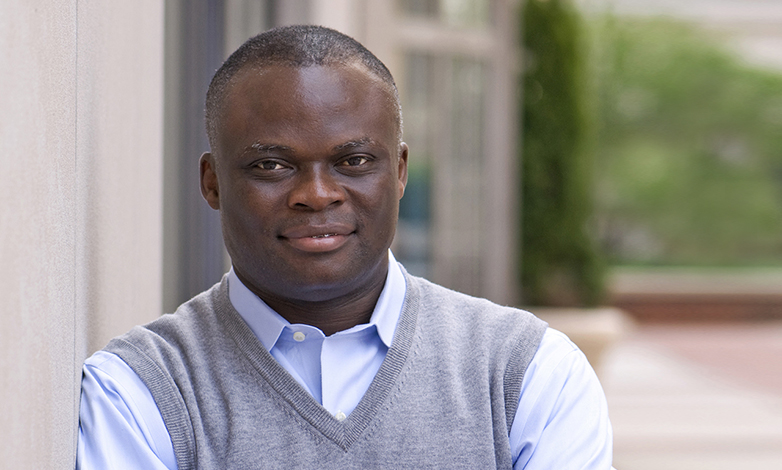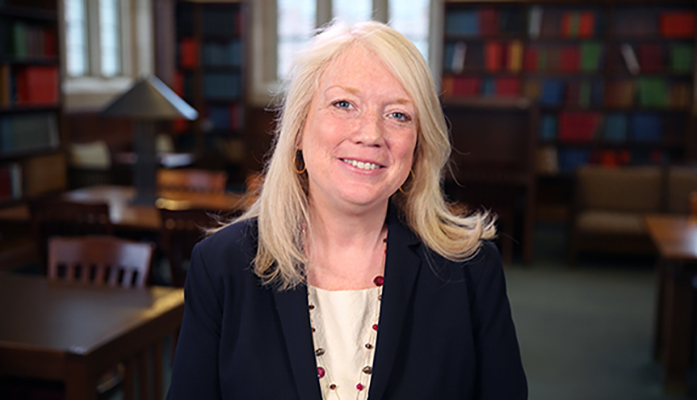The International Center for Child Health and Development (ICHAD) at the Brown School at Washington University in St. Louis has received a five-year $5 million Launching Future Leaders in Global Health (LAUNCH) global research training grant from the National Institutes of Health (NIH).
The LAUNCH grants, awarded every five years, are supported by the Forgarty International Center at the NIH.
The purpose is to "foster the next generation of global health scientists by providing trainees, early in their careers, a one-year mentored research training experience in global health at established biomedical and behavioral research institutions and project sites in low- and middle-income countries (LMICs)."

The program also aims at strengthening and expanding scientific collaborations between LMIC research institutions and project sites and U.S. partners.
Principal investigators on the LAUNCH grant are Fred Ssewamala, the William E. Gordon Distinguished Professor and director of ICHAD; and Mary McKay, vice provost of interdisciplinary initiatives; along with colleagues from the Brown School and the Washington University School of Medicine.
The research training program they have developed, "Addressing the Research Capacity Gap in Global Child and Adolescent Health Disparities Utilizing Implementation and Data Sciences among Vulnerable Populations in Resource-limited Settings (ACHIEVE)" is a consortium of 10 partner institutions, including Boston College, New York University, University of Illinois-Chicago, Makerere University, University of Ghana, University of KwaZulu-Natal, University of Makeni, University of Nairobi and University of Rwanda.
"This large-scale interdisciplinary consortium training grant will harness the expertise and resources of 10 leading institutions in the United States and across the African continent to catalyze learning and collaboration and to build a new generation of global health scientists devoted to understanding and improving health disparities among children, adolescents and their caregivers," McKay said. "ACHIEVE is an important new training program that aligns with the guiding principles of our strategic plan at Washington University in St. Louis. We are thrilled to be taking the lead on this tremendous opportunity."

ACHIEVE trainees will spend one year at a research site in one of the partner countries. Over the course of the five-year program, ACHIEVE plans to provide research training to approximately 50 people.
"ACHIEVE will capitalize on some of our enduring partnerships while fostering new ones with investigators and institutions committed to building the research capacity of early-career researchers and improving health outcomes among children and families in low-resource communities," Ssewamala said.






